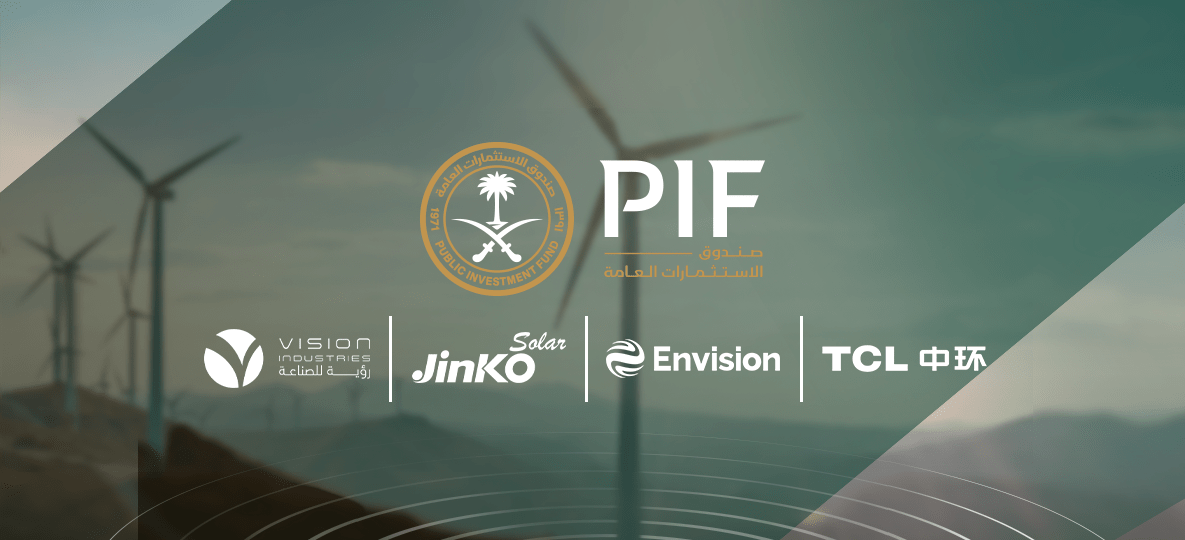- FII Institute-backed Interstellar Lab looks to Mars-like desert zones to grow crops
- Technology company's work supports goals of Vision 2030, Saudi Arabia's sustainable roadmap
- PIF, an economic catalyst for Vision 2030, is the founding partner of the FII Institute
The Future Investment Initiative (FII) Institute-backed Interstellar Lab is offering food for thought by developing sustainable cultivation pods on Earth, with the aim of paving the way toward regenerative life support in space.
What's more, Saudi Arabia offers the perfect test bed for the company's first, recently unveiled BioPod, a controlled-environment module equipped with an automated aeroponics system that combines autonomous cultivation technologies.
“Using less water is a priority for growing food in a desert zone. How do you reuse water and not consume too much?," Barbara Belvisi, CEO and founder of Interstellar Lab, told PIF Global Insights. “Working with the FII Institute represents more than an investment because they're helping us expand in Saudi Arabia."
It is not surprising that Interstellar Lab was chosen for investment by the FII Institute, given that the global nonprofit organization looks to catalyze ideas into actions with a global human impact. PIF was the founding partner of the Institute, and plays a pivotal role in realizing Saudi Arabia's Vision 2030 roadmap and Strategy for Sustainable Development for Agriculture, which focuses on the efficient use of natural resources, especially water.
“Saudi Arabia is helping us to solve some of the main challenges on Earth, such as food production in desert zones, but also preparing us for future space missions," said Belvisi. “If you look at Al-Ula, for example, it looks very similar to the environment on Mars so it offers a very good testing ground for future space missions."
Globally, current agricultural practices are unsustainable, using 70% of the world's accessible freshwater while wasting approximately 60% due to leaky irrigation systems, inefficient methods and the cultivation of crops that are too thirsty for the environment in which they are grown. “And agriculture is just destroying so much land that we losing a lot of biodiversity," said Belvisi.
Interstellar Lab may offer crucial solutions to wastage and biodiversity loss in agricultural farming. At 11 meters long, six meters wide and five meters tall, the inflatable dome-like BioPod – which can be installed on any site, and only requires a power source – has a structural inner shell that integrates its crop cultivation technology, transforming carbon dioxide into oxygen, closing out the water loop, and reducing the land-need factor by 100. “It's like we are trying to bring space technology back to Earth for sustainable farming solutions," said Belvisi.
Interstellar Lab's modular cultivation cubes for low Earth orbit won phase one of NASA's Deep Space Food Challenge in October 2021. The company is now working on phase two, building a food production system in Cape Canaveral for long-term astronaut missions, with the first prototype slated to launch in early 2023. Another contract with NASA involves adapting the BioPod for use on the moon.
Interstellar Lab's BioPod also offers 300-plus harvestable species of plants in its indoor farm. “We're building a library of plant species – when you buy our system, you get access to all the species that are growing on Earth right now," said Belvisi. “We are creating a protective environment for the life we have on Earth – while also helping space exploration."





